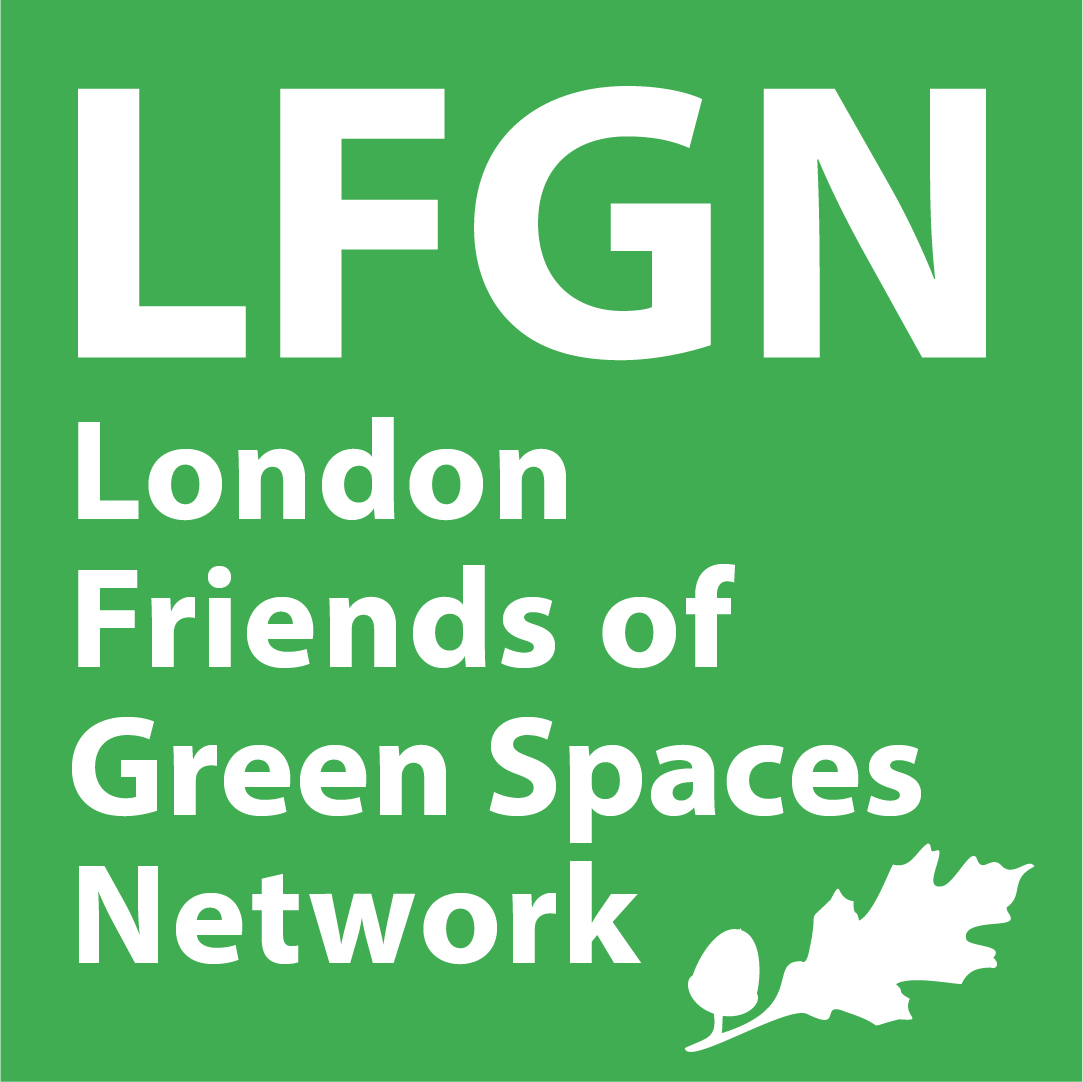Promoting Biodiversity in London’s Public Green Spaces
The topic was introduced by Alona Sheridan, LFGN Biodiversity Officer (Lewisham) – London has diverse habitats, including: ancient woodlands, waterways, wetlands, meadows & wildlife areas (some managed by LWT). Many facing external threats and funding pressures. The discussion was put open to ideas and experiences re: protecting, enhancing and encouraging biodiversity.
General biodiversity points: London Plan (LP) recommends approving building in gardens – whilst privately owned they still comprise a large percentage of London’s green space. Therefore potential threat to biodiversity.National Park City could have a positive impact on biodiversity by publicising wildlife and greenspace (note Mayoral objective is to increase greenspace by 2%). Use of insecticides and herbicides open to question?? Dedicated officers for conservation are vital. LFGN will support friends groups campaigns via it’s website (ref potential campaign in Harrow – Byron park to protect bats from panned build)
Consider dog free areas (ref Kelsey Park LB Bromley has large dog free areas), they have the potential to disturb plants and wildlife. Though note, considered later in the meeting are the benefits dog walkers bring to parks.
Lordship Rec, Haringey – Conducts biodiversity surveys. Promotes nature conservation through go wild days and has its own wildlife group. Better management of the woodlands and otherareas has increased bio diversity. The river has been deculverted. Funding has helped improve bio diversity i.e. more over to meadow planting, green corridor and development of woodland. Improvements have tripled park user numbers. Note green corridors allows wildlife to move between parks.
Bromley Friends Forum – has found that improved partnership with the Grounds Maintenance team (GM) has given greater control to friends groups with GM and therefore been able to improve biodiversity. There is also a biodiversity Forum – attended by planners – therefore can be more mindful regarding builds and protecting wildlife etc.idverde (park contractors) have a 20 training module on biodiversity for all staff.
City of London (City Gardens). Adopted Biodiversity Action Plan (BAP) the friends group (FG) are a full partner in the plan and have funding to deliver its objectives. FG can give date to Greenspace Information for Greater London [GIGL] http://www.gigl.org.uk/submit-records/Also recommend contacting the Bumblebee Conservation Trust – who give training, walks and talks on bumblebees.
Wandsworth Common – Good news story – good Biodiversity Officer. Common has adopted BAP objectives – so seen improvements over time, with segmented areas i.e. wetland, wild areas amphibian pools etc
Richmond –BAP is managed by a the Richmond Biodiversity Partnership, members include TRP , Kew Gardens and planners. Individual working groups deliver the BAP and report to the partnership. Note FG’s can use BAP’s to pull in funding in Richmond £10m across 15 yrs has been achieved. Also consider peoples postcode lottery.
Harrow – important to develop alliances with different park user groups – have positive relationship with dog walkers – have found they are key to reporting issues and helping with litter. Need to broaden nature conservation to parks in the borough.
Lewisham – BAP in place. Lewisham Biodiversity Partnership meets quarterly with reps from various organisations, local groups and individuals: including Glendale, Lewisham Council (inc. planners), LWT etc. Planning applications must have mitigation for nature conservation. Positive relationship with Glendale (managing GM in parks) and conservation officer and Natures Gym meets weekly and volunteers and do nature conservation activities. Data is submitted to GIGL (it was noted important to submit data to GIGL as planners refer to it to assess nature conservation).
Islington – Service level agreement t with ecology centre to maintain areas of parks – good relationship with GM team is valuable. Note one of the categories for judging under London in Bloom si biodiversity.
Camden – BAP being renewed in 2019 – currently out for consultation and on website – so encouraging.
Walthamstow – Wetllands now open after receiving lottery funding – currently planting to encourage biodiversity. Also rebuilt old engine house to encourage bats and swifts.

